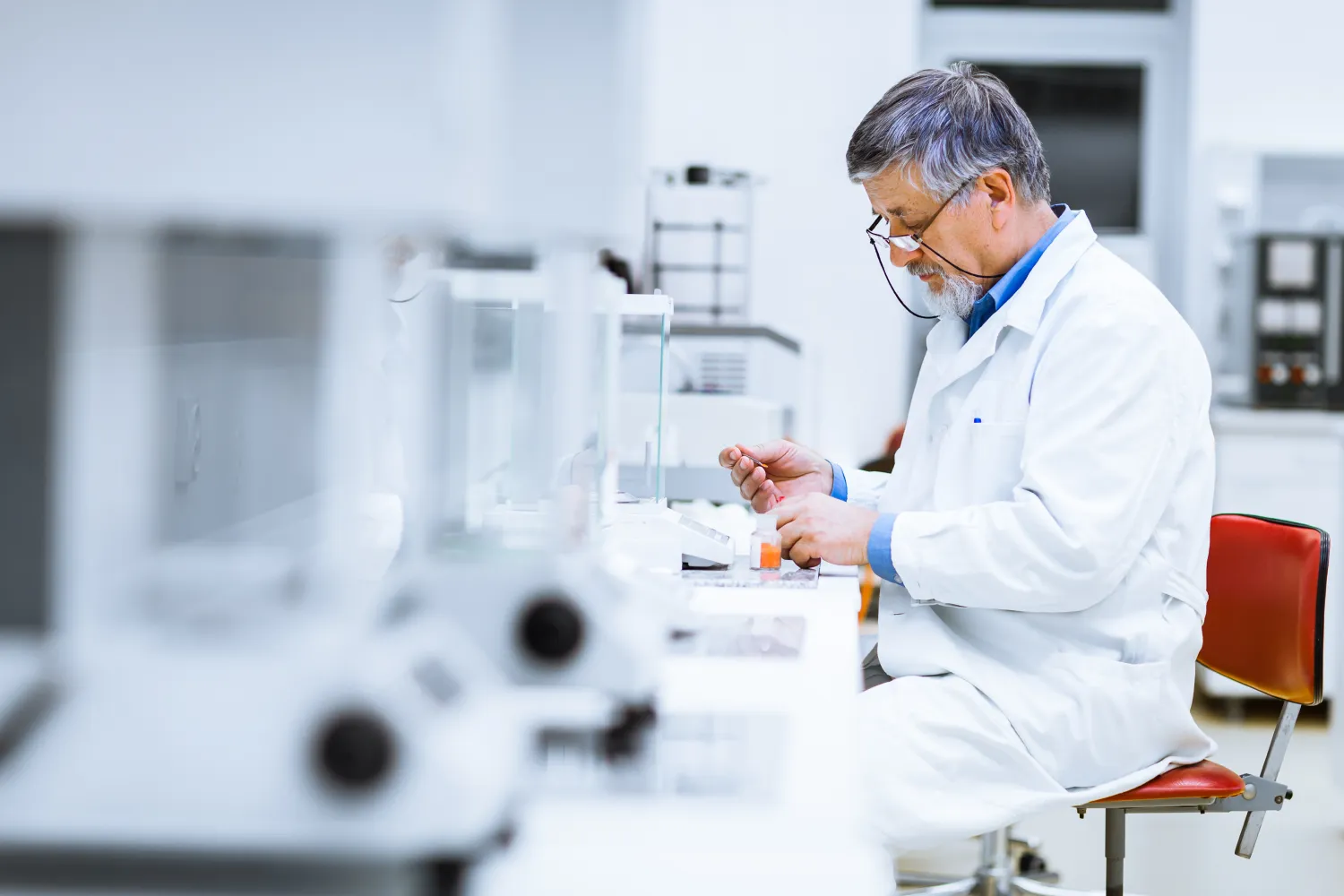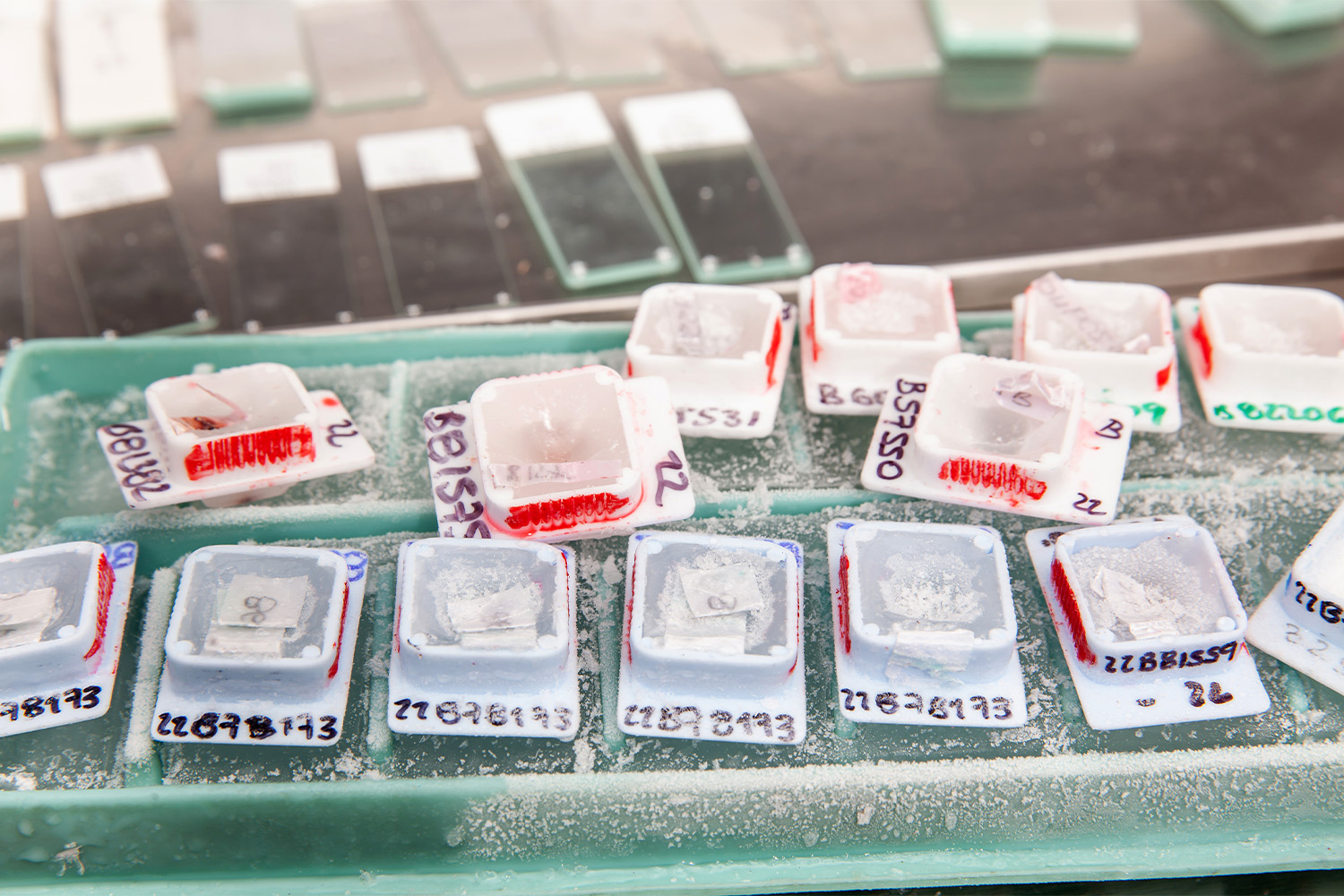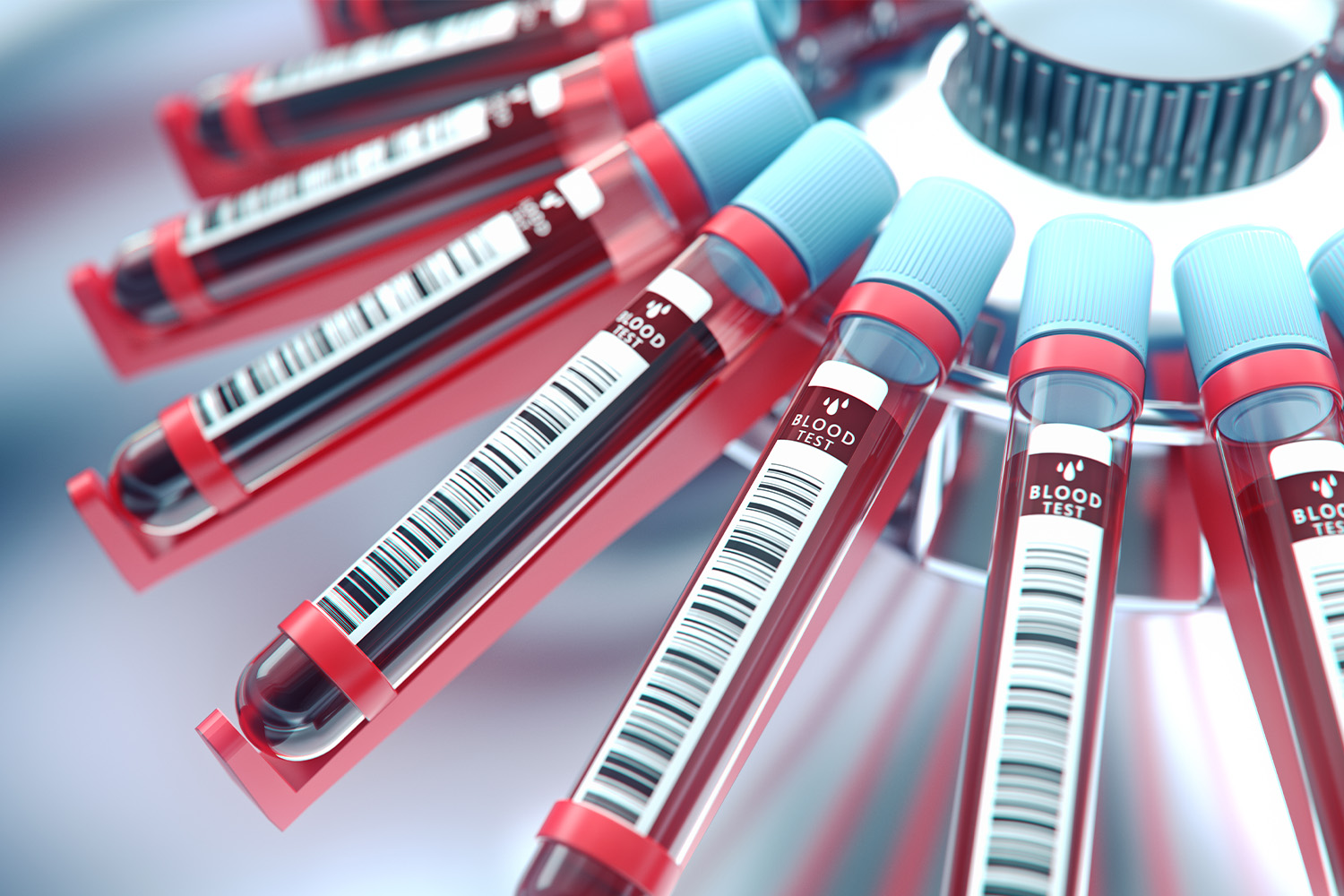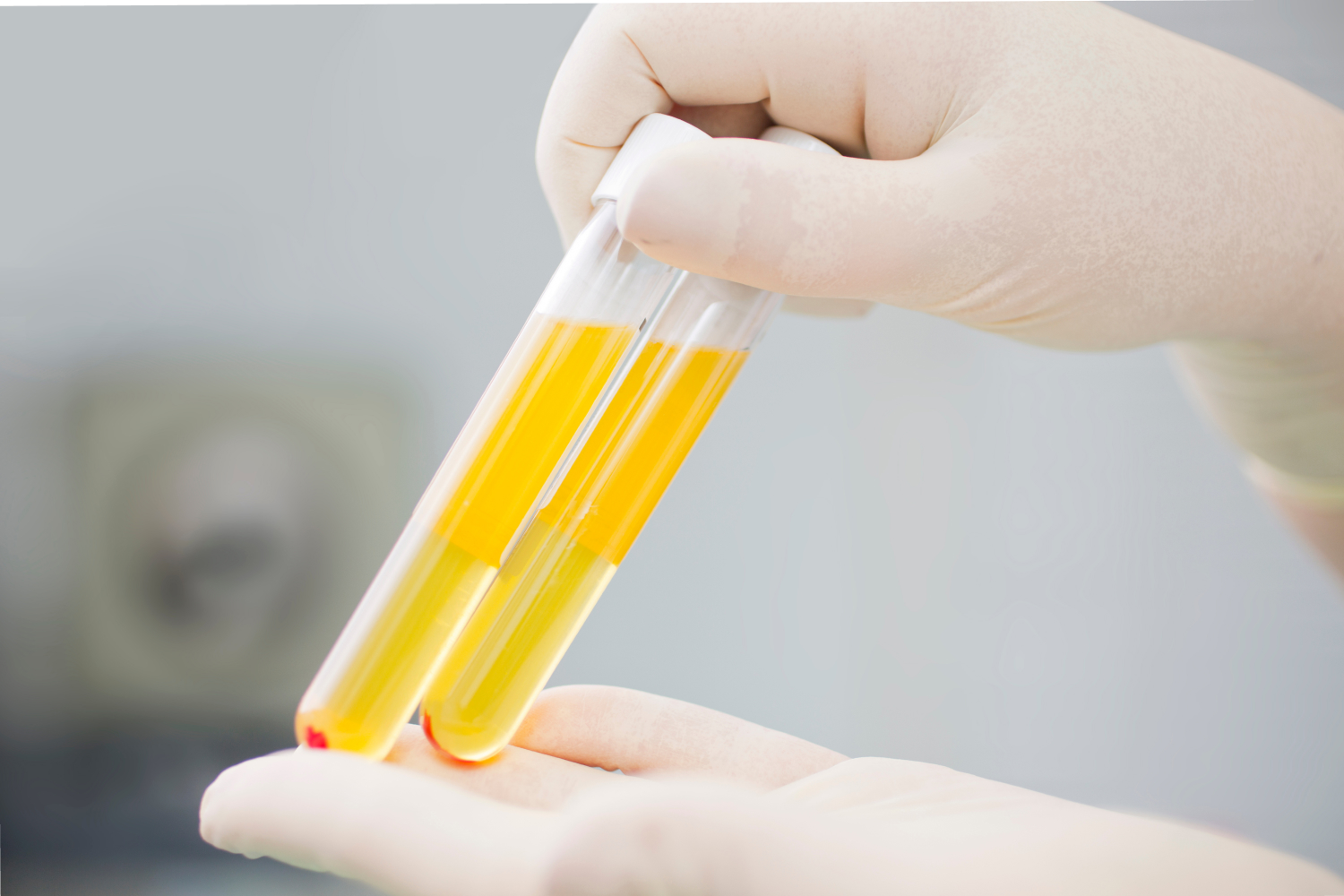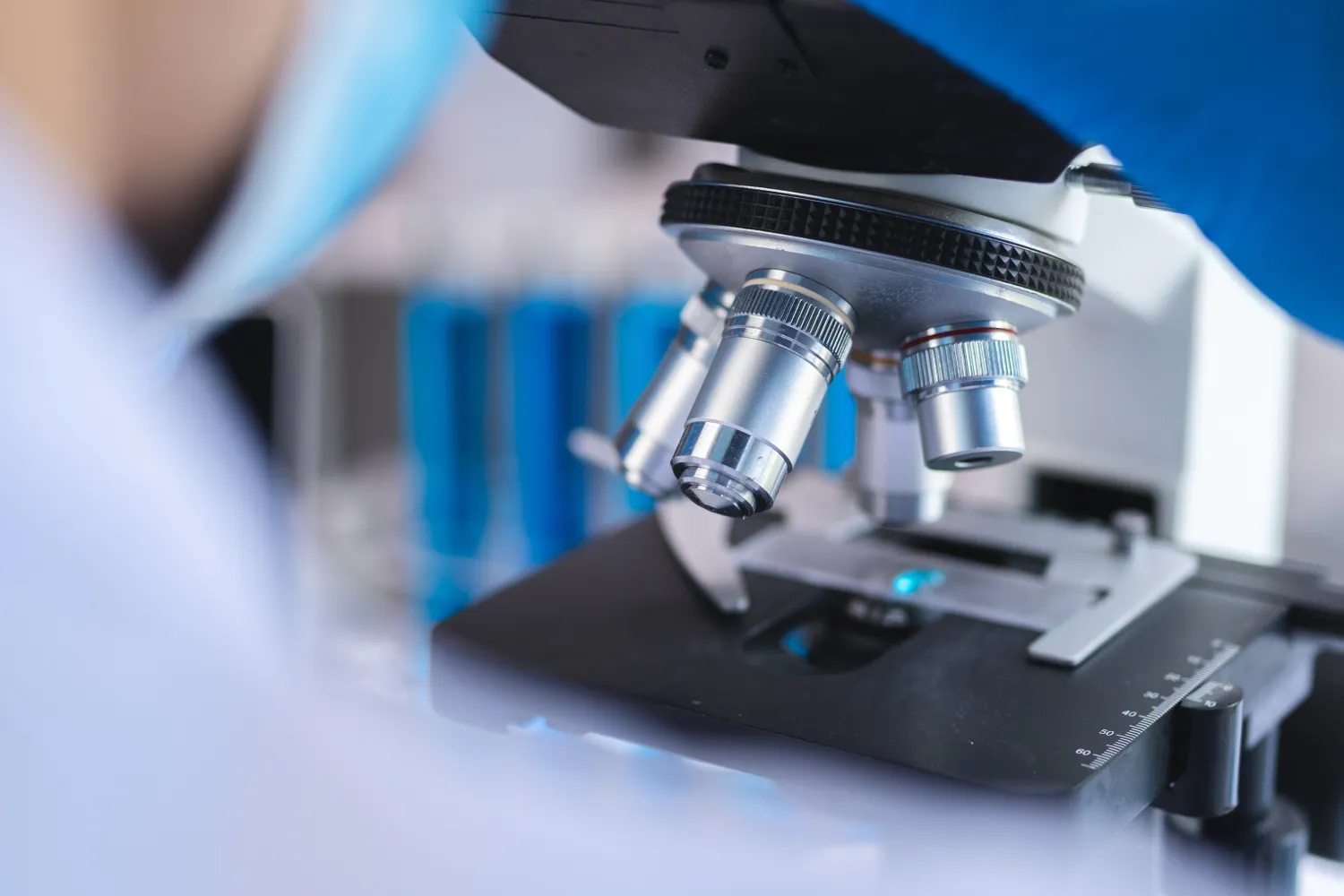While blood plasma samples comprise the majority of biospecimens collected for clinical research, in recent years, oral swab samples are becoming more prevalent owing to their relatively lower cost and ease of collection.
Compared to plasma, oral swabs are non-invasive and can be collected without special training or technique from a wide variety of populations, making them an ideal choice for many clinical research studies.
Collecting an oral swab specimen is a relatively simple process and can be completed quickly and easily. A swab is first placed inside the patient’s mouth and moved around the tongue and cheek area to collect the sample. The swab is then placed in a collection vial or packaging with a preservative solution to avoid any damage or degradation during transport. After the sample has been collected, it is typically sent to a lab for further testing and analysis.
Additional advantages of oral swabs include the fact that they do not require the use of a laboratory or intravenous access materials, and they can be monitored more closely in real-time by the researchers.
Moreover, oral swabs can be used to detect much of the same information we obtain from plasma specimens such as biomarkers, including proteins or genetic material, that are indicative of various diseases and other medical conditions.
This is particularly advantageous in clinical research as it can provide researchers with similarly accurate information in a more timely and less expensive manner compared to plasma samples.
However, there are some disadvantages that should be taken into consideration before using oral swab specimens in clinical research. Oral swabs are sometimes less accurate than plasma samples and not suitable for all applications, since their specimen sample size is small and their accuracy may be reduced when multiple samples are taken from the same patient. Furthermore, oral swab samples may not be suitable for use in certain studies due to the possibility of cross-contamination from the patient’s saliva.
Oral swab samples have been used in a wide range of clinical research applications, from diagnosing infectious diseases to monitoring changes in disease progression and drug effectiveness.
They are also commonly used to monitor the development of cancer and other chronic illnesses. In addition, oral swabs are being used in clinical trials to evaluate the efficacy of new, cutting-edge therapies, as well as to monitor the safety of existing medications and treatments.
As the world continues to struggle with the COVID-19 pandemic, oral swabs are proving to be a valuable tool in detecting the virus and monitoring its spread.
Knowing where to find a supplier of oral swab samples or even a partner to test oral swabs can make or break any research endeavor.
At iProcess Global Research, you can expect to work with an experienced, global network of biospecimen providers from over 1,000 sites. With over 100,000 biospecimens shipped, iProcess has the capability of facilitating any research need.
Contact iProcess today to learn more or request a free quote today.
Sources:
